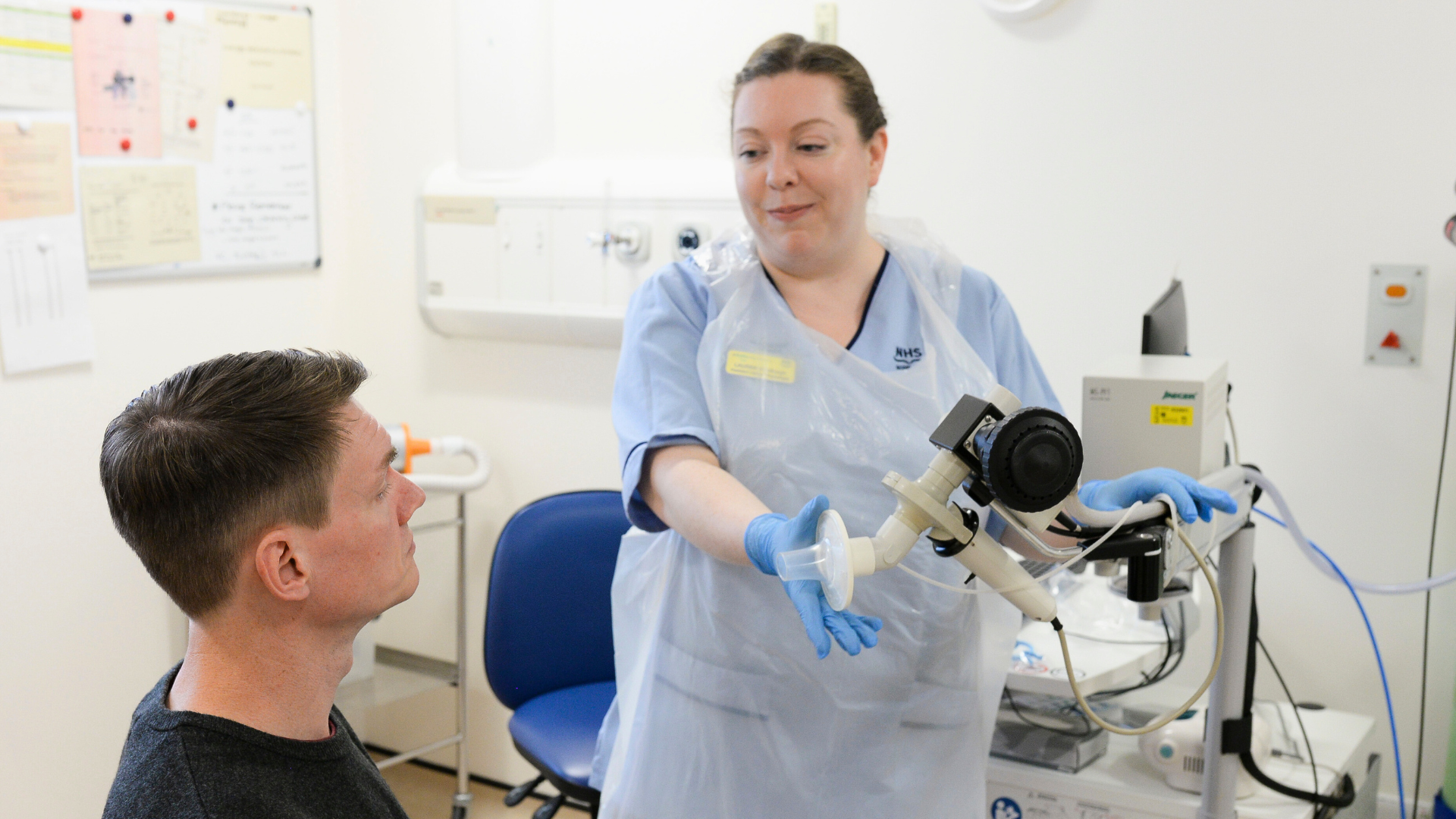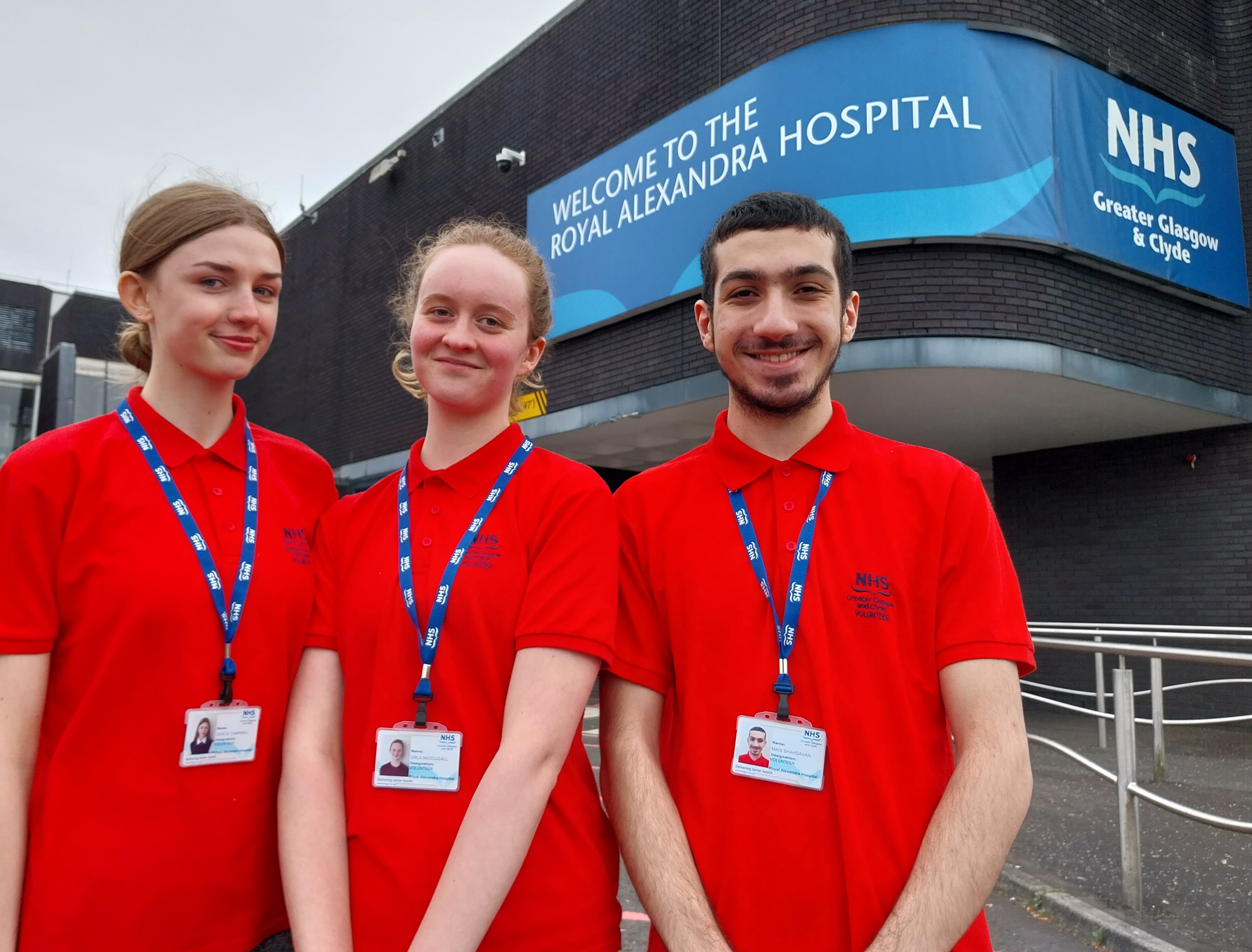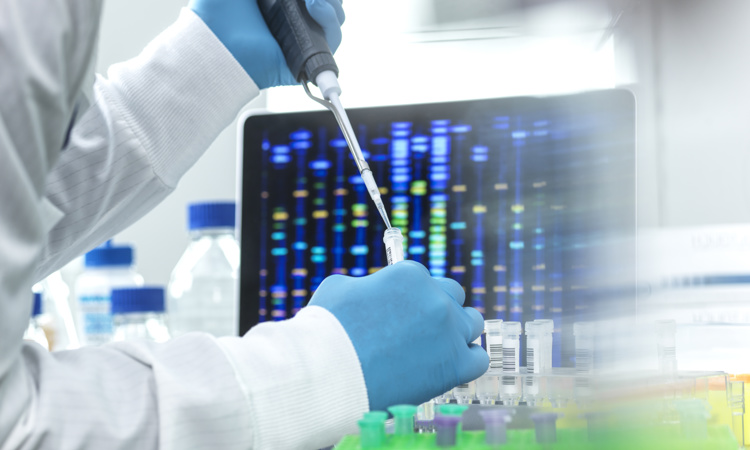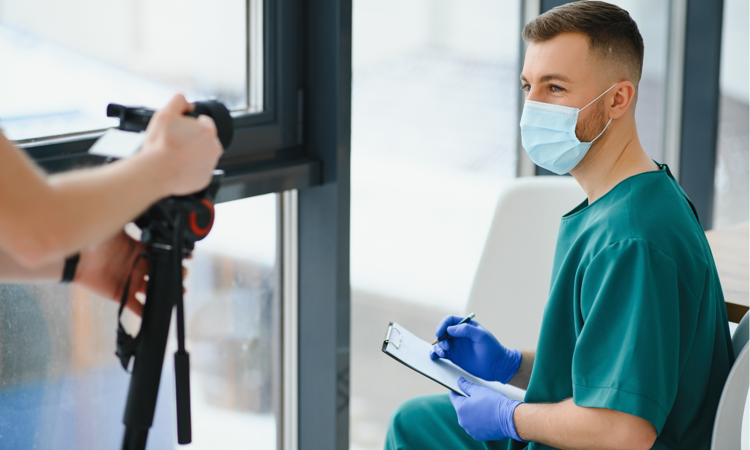Previous
Assistant practitioner in life sciences
You can apply for assistant practitioner vacancies on our recruitment website.
Assistant practitioners in physiological sciences set up and clean clinical equipment, support routine diagnostic testing and update patient records.
They work in one of these areas:

To become an assistant practitioner in physiological sciences, useful school subjects include:
Speak to your guidance teacher or careers adviser about subjects offered at your school.

You may find it helpful to get some healthcare experience by doing a work placement or volunteering. You’ll get training, increase your knowledge, and learn new skills. This could help you when applying for a new job with NHSScotland.
As an assistant practitioner in physiological sciences, you'll support the clinical physiology team with diagnostic investigations.
Tasks include:
You'll need these skills:
You could work with:
You could work in different departments within a hospital, such as:
You will be encouraged to develop your career in NHSScotland. You'll receive training on the following:
You could also complete additional qualifications.
With experience and further training, you could apply for the clinical physiology undergraduate training programme to become a qualified healthcare science practitioner in your specialist area.
You can apply for training opportunities on our recruitment website.
As an assistant practitioner in physiological sciences, you can join the Academy for Healthcare Science non-accredited healthcare science register.

Discover the range of healthcare science careers you can choose in the NHS.
Healthcare science
Our blog includes how-to guides, case studies, and career resources.
Discover more